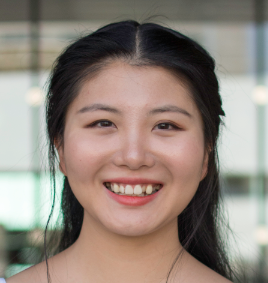

Nov 2023

Abstract:
Connectivity, the exchange of individuals and genes among geographically separated marine populations, plays a key role in coral reef biodiversity and resilience. Using hydrodynamic and Lagrangian particle tracking models, a high-resolution circulation-driven physical connectivity atlas covering every Red Sea coral reef — including seasonality — is simulated, revealing important roles for northern reefs as sources/sinks and weak east-west connections between southern reefs. Additional backward simulations conducted in the southern Red Sea reveal dynamic linkages between the southern reefs and the Indian Ocean, explaining the genetic separation previously reported in the basin.
Understanding the Red Sea ecosystem variability at various spatiotemporal scales is crucial for the Red Sea ecology. Biogeochemical modeling presents a powerful tool for simulating the three-dimensional evolution of marine ecosystems. A coupled physical-biogeochemical model is developed, enabling the investigation of Red Sea biogeochemistry at diel, seasonal, and interannual timescales. We reveal a chlorophyll diel cycle with near-sunset maxima in the Red Sea, demonstrate the importance of incorporating a spatially varying diffuse attenuation coefficient to reproduce the summer bloom in the southern basin, and explain the impact of climate drivers (e.g., ENSO) on nutrient supply through the Bab-Al-Mandeb strait.
Seascape genetics investigate how seascape features (e.g., circulation, temperature, productivity) shape the spatial genetic structures of marine species. Three theories — Isolation-By-Distance, Isolation-By-Circulation, and Isolation-By-Environment — were previously developed. Using published genetic datasets for multiple coral reef species and outputs from the physical connectivity and physical-biogeochemical models, we develop the first seascape genetic model that provides a full description of all three theories in the Red Sea, revealing the important roles of circulation and environment in shaping genetic structures. The developed models provide a unique tool for predicting the genetic structures of multiple Red Sea reef species.
Bio:
Yixin Wang holds a B.Sc. in Marine Science from the Ocean University of China and an M.Sc. in Marine Science from KAUST. Yixin’s research interests are interactions between physical oceanography and marine ecology, including simulating the evolution of the Red Sea ecosystem using a coupled physical-biogeochemical model at multiple spatiotemporal scales, simulating the Red Sea coral reef connectivity using a Lagrangian particle-tracking model, and investigating Red Sea seascape genetics